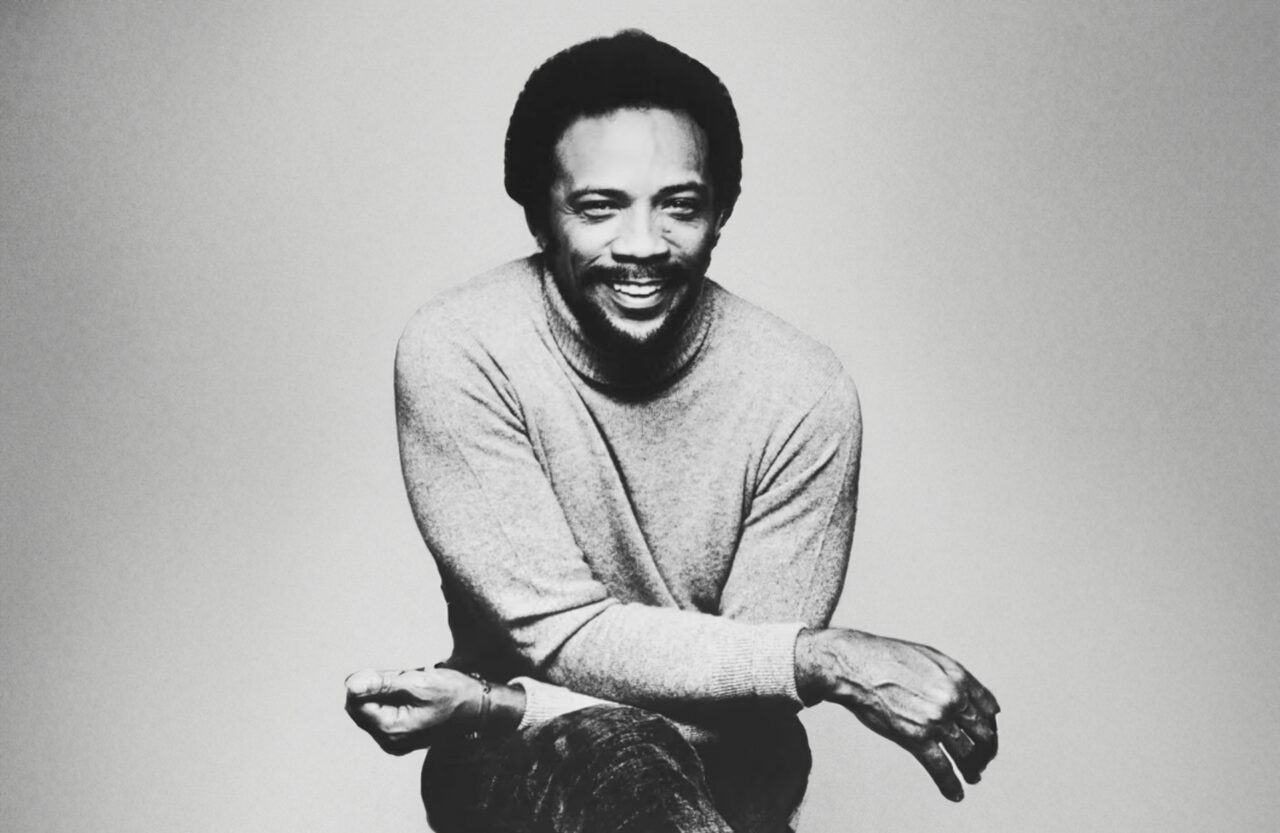Farewell to the Maestro: How Quincy Jones Changed Music Forever—And the Secrets He Left Behind
Quincy Jones wasn’t just a legend; he was a revolution in human form. His passing isn’t simply the end of a life—it’s the close of an era. The man who shaped music for over seven decades leaves behind a legacy that defined, redefined, and re-redefined music and culture. He’s the genius behind Michael Jackson’s Thriller, the visionary who shaped modern jazz, and the mentor who unlocked the talents of everyone from Ray Charles to Oprah Winfrey. Yet, despite his countless contributions, there are mysteries and lessons Quincy Jones took with him that the world may never fully understand.
The Architect of Sound Itself
Many call him a producer, but Quincy Jones was so much more. He was a maestro, the architect of the modern pop landscape, and a genre-blending alchemist who erased the boundaries between jazz, pop, R&B, and hip-hop. Quincy made music feel different, and whether you knew it or not, his influence reached through the speakers every time you pressed play. Thriller, Off the Wall, We Are the World—without him, these moments of pop-culture magic would have been mere dreams.
For Jones, music was language, therapy, and activism. In a world divided by race, geography, and age, he used harmony to create unity. Even into his later years, he was still innovating, collaborating, and inspiring, as if time itself couldn’t keep up with his genius.
The Mysteries Behind the Legend
Quincy was never shy about his life, but even in his candidness, he kept the world guessing. From his jaw-dropping revelations about his friendships with Frank Sinatra and the Beatles to his unapologetic critiques of contemporary pop, Jones was not only a creator but a provocateur. What secrets did he hold close? Rumor has it that he had unfinished projects—collaborations with artists yet to be revealed, archives of unheard music, and ideas scribbled down that never saw the light of day.
And then there were the famous “30 secrets” he teased he would reveal someday, leaving fans wondering what behind-the-scenes insights he took with him.
A Global Impact That Will Never Fade
Jones’ influence went far beyond music. He was a pioneering figure for Black artists and producers, often speaking openly about the challenges he faced and the systemic barriers he broke. His reach extended into film and television with productions like The Color Purple and Fresh Prince of Bel-Air. Quincy was an unstoppable force who changed Hollywood, music, and global culture, advocating for artists of color and fighting for creative freedom in every form.
He changed the world with a belief that music could unite, that rhythm could heal, and that a single note could shift the soul. There are no Grammy Awards that could measure the extent of his contributions, no charts that could contain his influence. He lived to uplift voices, and his last wishes included continuing that mission.
What Happens to Music Now?
With Quincy’s passing, a chapter of music history closes. But what does the future hold? Who will fill the void of someone who believed that artistry was about breaking boundaries and challenging norms? Jones didn’t just create music; he created new ways of thinking about art, creativity, and humanity itself. As artists and fans alike grapple with his absence, there’s a collective question hanging in the air: Who can fill the shoes of a man who didn’t just play instruments—he orchestrated cultural movements?
In a world often divided by trends and fleeting fame, Quincy Jones was a constant. His music lives on, yes—but so does the sense that no one else could quite do it like he did. His departure is not the end of his story; it’s the beginning of a legend.
Remembering Quincy: A Playlist for the Ages
As a final tribute, fans around the world are streaming his classics, from Soul Bossa Nova to Thriller and Back on the Block, keeping his spirit alive. His genius flows through every beat, every note, and every artist who learned from his mastery. Quincy Jones may have left the stage, but his music—his very soul—is immortal.
If there’s a heaven, it just got a new sound engineer, and the symphony of angels may never sound the same.

